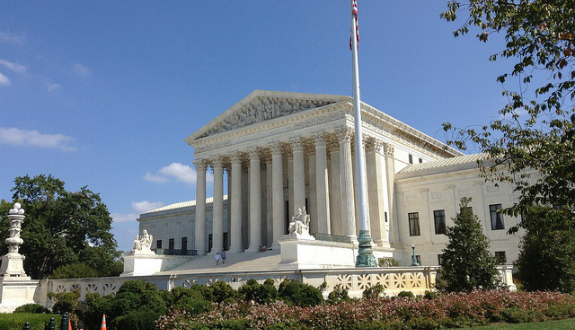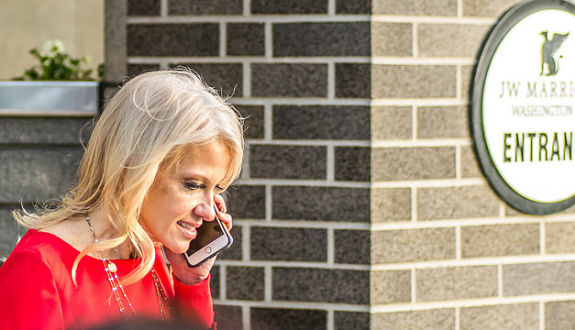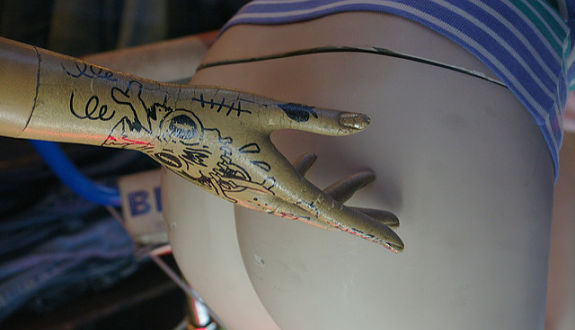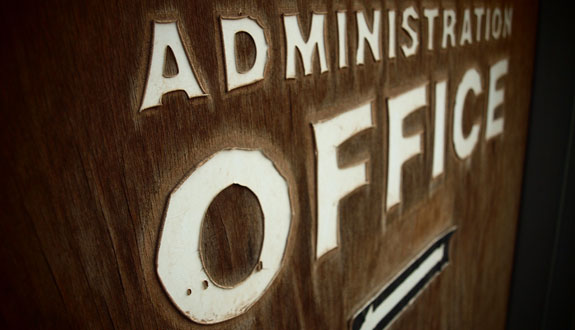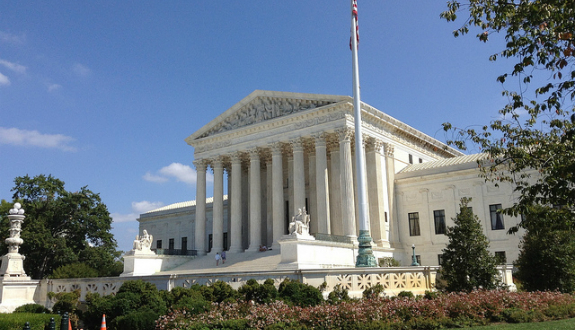
The irony of Melania Trump’s now well-documented plagiarism of Michelle Obama’s 2008 Democratic National Convention speech is plain to see. Without getting too political about it, Donald Trump elbowed his way into national politics as the leader of the birther movement, trumpeting (pun intended) the demonstrably false claim that Barack Obama was not born in the U.S. and therefore ineligible to serve as president. That Mrs. Trump would lift portions of a speech singing the praises of then-Senator Obama in order to sing the praises of Mr. Trump is strange at best.
Beyond the irony is the likely political damage. Instead of selling a coherent message to the nation, the GOP spent a good 24 out of the 96 hours allotted to the convention in damage control mode. The main thrust of that damage control – that it wasn’t plagiarism, or, alternatively, if it was plagiarism that it was just a little plagiarism – only seemed to feed the political media beast that is perpetually hungry for drama.
All that has been mulled over, and the story seems to have been played to its logical end. However, even though there likely won’t be any further consequences of this dust up, it’s interesting to think about the legal implications. After all, this is a blog devoted to the LSAT, law school, and interesting legal issues. So, after a lengthy introduction of the topic of this post, here’s the relevant question that’s been missing from the debate:
Could there be legal consequences for this high profile plagiarism?
The most common legal consequence for plagiarism outside the academic context is a copyright lawsuit. Copyright attaches the moment an original work pours from the author’s head and onto paper. It’s unlikely that Michelle Obama wrote the speech entirely herself, but when a writer is employed to write something, it is uncontroversial that the intellectual property created belongs to the employer. Is that Michelle Obama? Is it the Democratic National Committee? Is it President Obama, since he was the focus of the entire convention? Hard to say, although it’s reasonable to think that any one of them could sue Mrs. Trump and/or her speechwriters on copyright grounds.
To prove copyright infringement, a plaintiff must prove the following:
(1) The work is original;
(2) The work is the kind that can be copyrighted;
(3) Some attachment to this country, i.e. U.S. courts don’t adjudicate copyright claims of other countries;
(4) Compliance with federal copyright statutes (far too complex to discuss here);
(5) If the plaintiff is not the author, a valid transfer of ownership.
Without going into hundreds of years of case law on copyright, it’s not unreasonable to think that Mrs. Obama could prove these elements in court. There’s a last hurdle that might be insuperable. In addition to all this, a plaintiff must prove damages, i.e. some kind of monetary loss that resulted from the infringement. To establish such a proof, Mrs. Obama would need to show either that she suffered a monetary loss or that Mrs. Trump profited. Arguing that a political speech cribbed eight years after the original led to any profit or loss would be difficult. Where these can’t be proven, there are set statutory damages intended to dissuade would be copiers from taking intellectual property and getting away with it, but those damages are exceedingly small, and probably not worth the time of someone of the stature and earning capacity of a soon-to-be-former First Lady.

